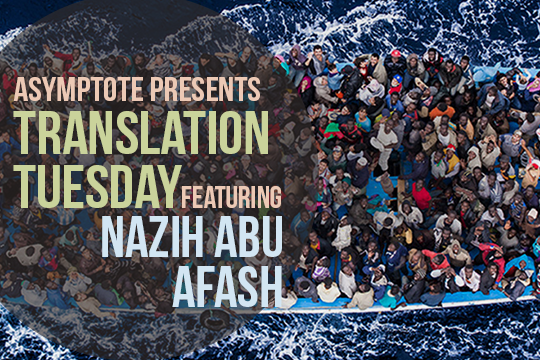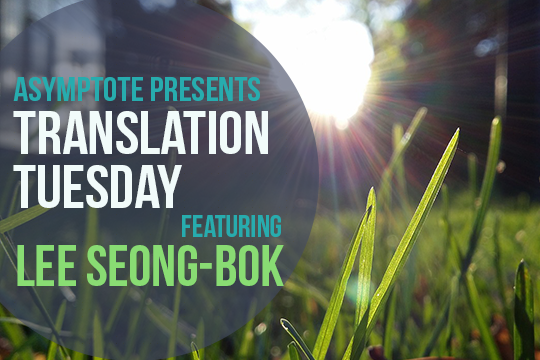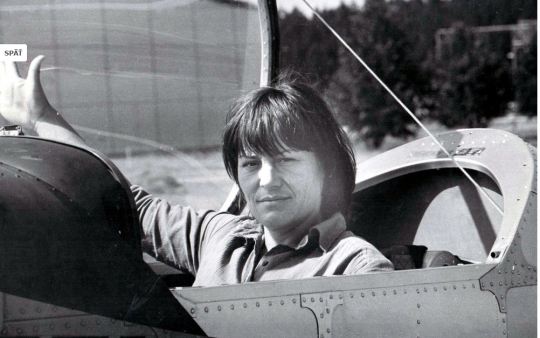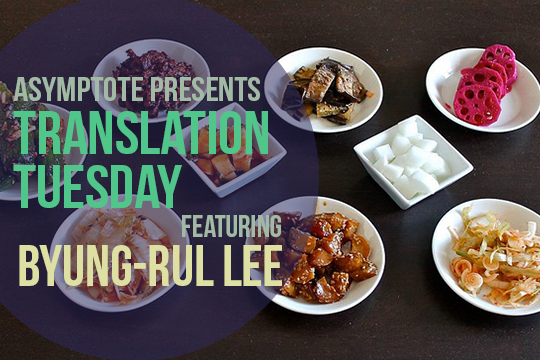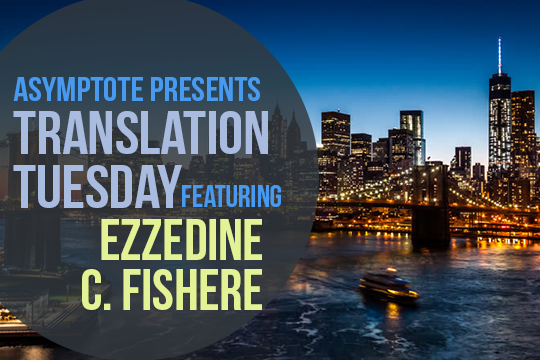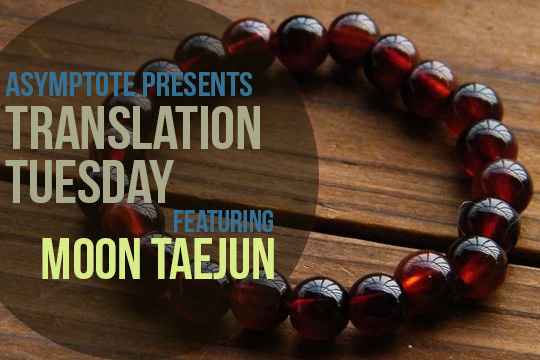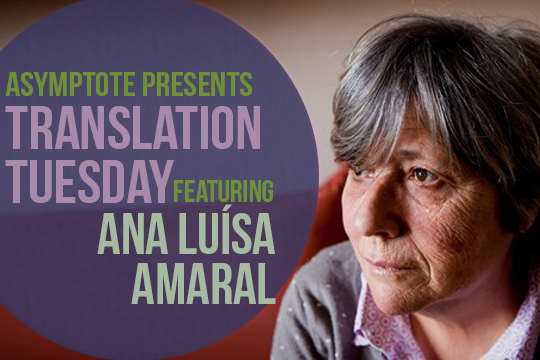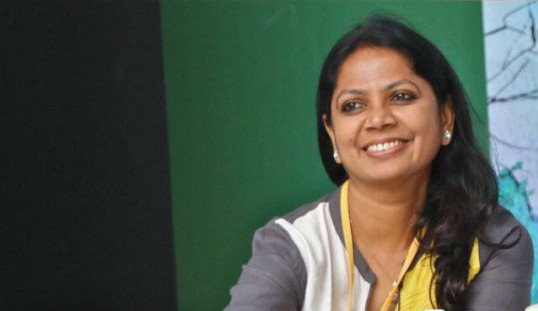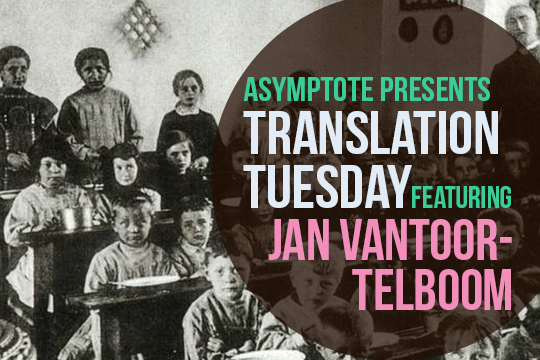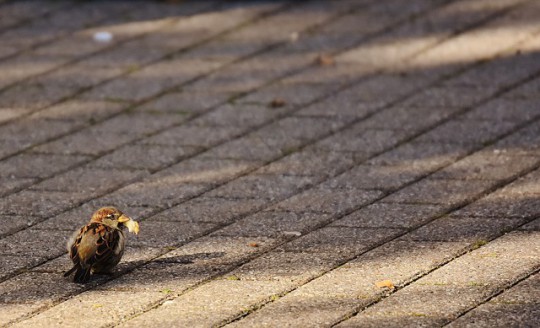In these poems, published in the Lebanese daily al-Akhbar under the overarching title “An Incomplete Diary”, the renowned Syrian poet Nazih Abu Afash dissects the benign indecisiveness of human nature by seeking refuge in the quietness and silence of words, his words, in the face of the noises generated daily by the ongoing war in Syria.
Abu Afash, like a lonely shepherd, counts his flock with no intention of committing remembrance to the act of existence per se, but to remind us of one thing: I am returning to die in the forest. The following are translations of this vulnerability into another form of vulnerability where contemplation can be as valid as involvement.
All were human: some returned disfigured, with incomplete eyes, incomplete shoulders, and incomplete dreams. Some still clutched their wilted flags envying themselves for the kisses, tears and garlands awaiting them. Some stopped in the middle of the road to stare at the buses, the processions and the women inhaling air outside the cage of chastity. Some were overcome by tiredness. Some despaired of everything and believed in nothing. Some blamed themselves for falling for hope. Some realised they had been betrayed. Some said: So we were told. And we believed. Some watched over the front lines hoping to witness peace break out of the remnants of their lives and the piles of their enemies’ empty cartridges. Some sat weeping. Some, who were apt only for forgetfulness, the dustmen buried under the sand of their trenches, as though returning a lost child to his family, in the hope that they might one day return to the arms of their old life with the simplest of reasons and the lowest of costs…
All: were

